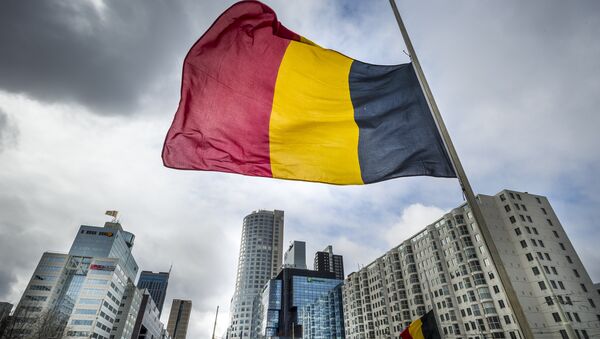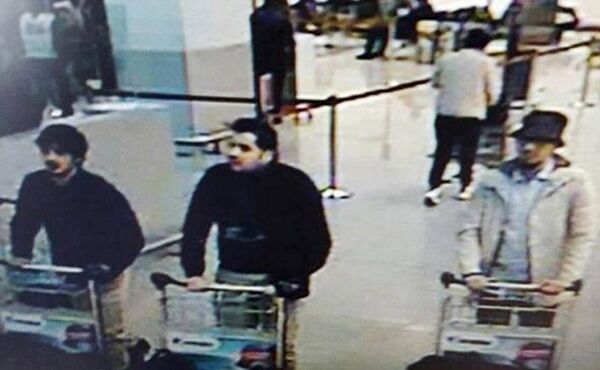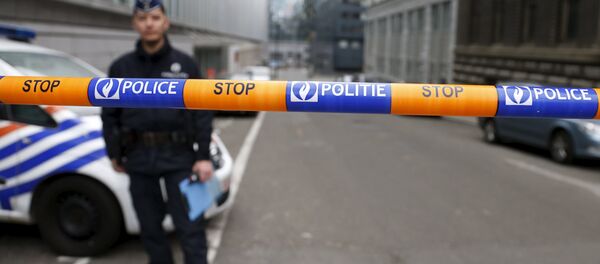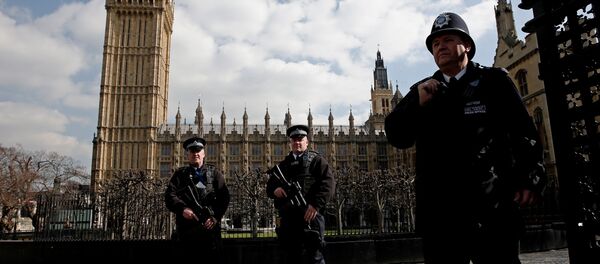"I don't think it was a revenge attack for the arrest of Salah Abdeslam," Professor Paul Moorcraft said.
Salah Abdeslam was arrested in Brussels on suspicion of being a key member of the terrorist group who attacked Paris in November 2015.
"I think it was probably some of the leaders — who are very able and professional people — and often smarter than western intelligence officials, who decided that if Salah Abdeslam was singing like a canary, then they had to bring their attacks forward, that's why they had softer targets."
"I think it looked a bit odd, pushing bombs in trolleys and one didn't go off.
"It looked amateurish, that's why I'm assuming it was brought forward," Professor Moorcraft told Sputnik.
The two blasts as Brussels' Zaventem airport, where an initial explosion took place near the American Airlines check-in counter, the second reportedly by the Brussels Airlines ticket counter, shows how vulnerable the "soft side" of airports can be.
Following the September 11 attacks in the US in 2001, western security agencies appeared to prioritize protecting aircraft from bombings and hijackers, after check-in. However, the attack in the unsecured area of Zaventem airport raises problems for police and intelligence authorities on how such soft targets can be prevented from future attacks.
Professor Moorcraft, author of 'The Jihadist Threat: The Reconquest of the West' told Sputnik that an attack in London was "likely."
"Britain's intelligence officers are worried about a rolling Mumbai-style attack — or a dirty bomb," Professor Moorcraft said.
"Both require a fair amount of organization, although we're not controlling our borders — it's a bit more difficult to smuggle that amount of ammunition into Britain than across the border between France and Belgium — but Britain's intelligence services are ten years ahead than Belgium or France."
However, Professor Moorcraft cites cuts to the army and special branch forces means Britain is "really overstretched."
"I think we're doing quite well, I wouldn't over play it — but we have a real problem because when we cut the army, people forget that includes Special Forces and the SAS are also from the army, they're exhausted and burned out.
"Special branches haven't had weekends off for years, they're run ragged. We are really overstretched. The real problem is that we have lost control of our borders, we don't know who is leaving our country."
The UK had increased border controls and screening and extra police had been drafted in at airports, railways and tube stations across the country.





